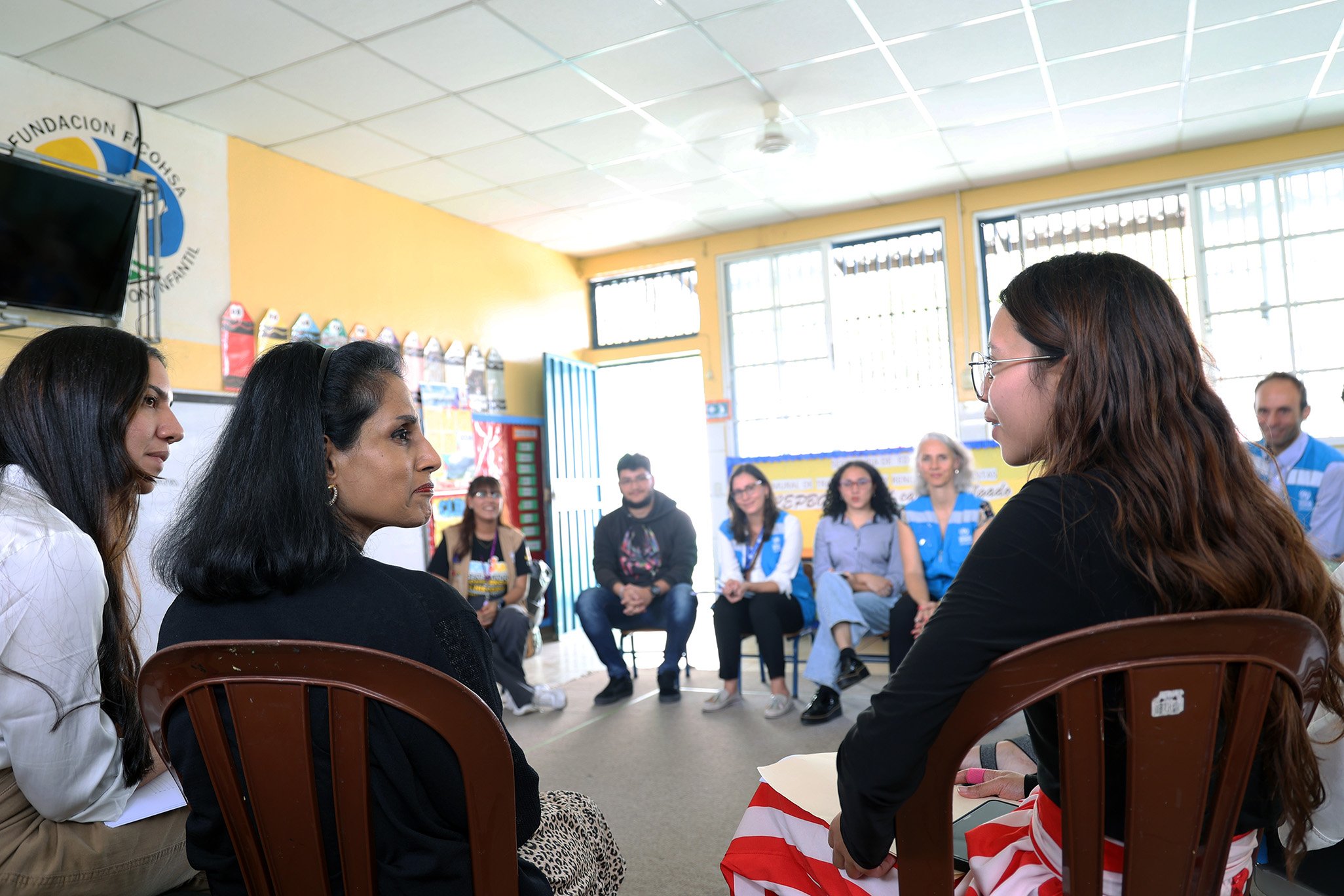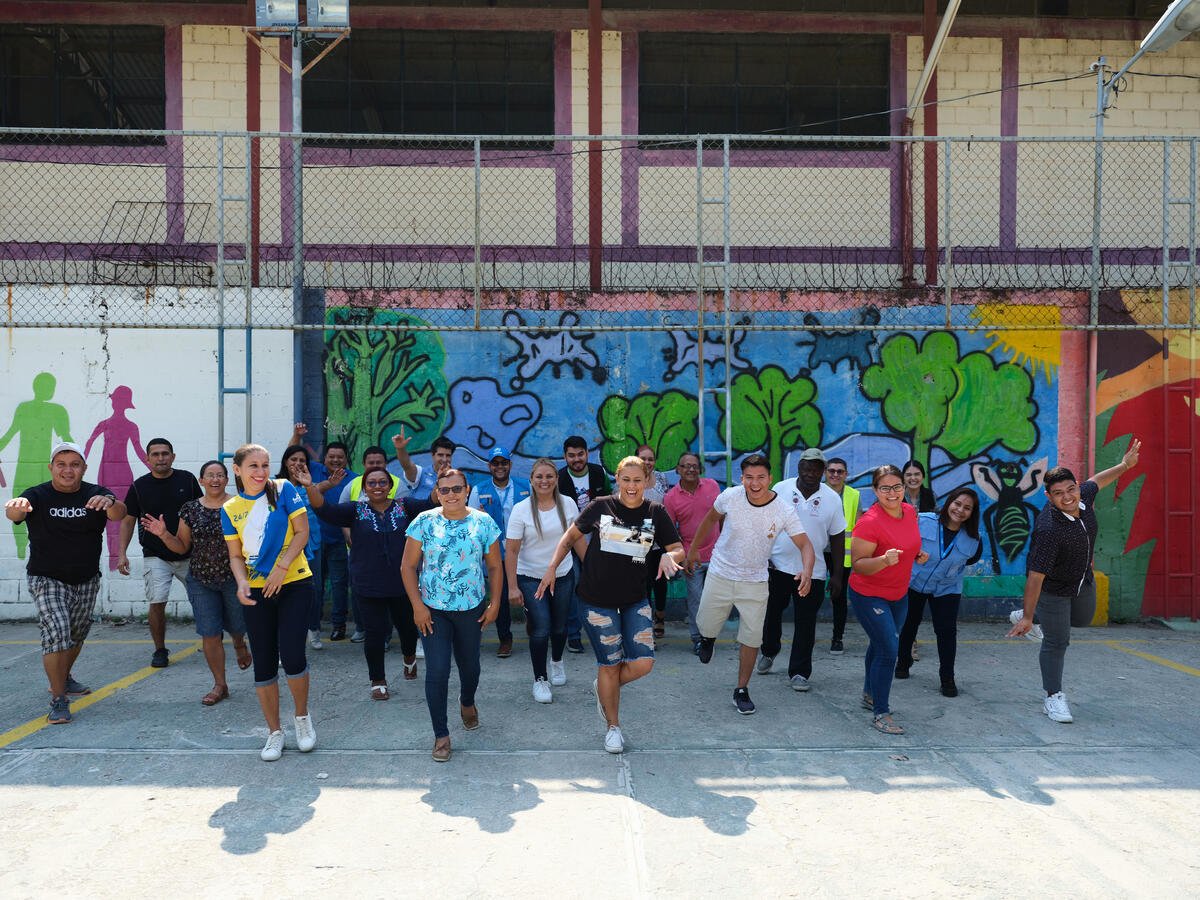U.S. announcement on Central America refugees highlights seriousness of situation, UNHCR
U.S. announcement on Central America refugees highlights seriousness of situation, UNHCR
WASHINGTON, DC, Jan 14, 2016 (UNHCR) - The recent U.S. announcement that it will expand the refugee resettlement program to help vulnerable people fleeing deadly violence in El Salvador, Guatemala and Honduras, underscores the urgent need for coordinated regional action to address the humanitarian situation, UNHCR said today.
"The U.S. initiative to resettle Central American refugees is a welcome step to help address the growing refugee crisis," said UNHCR Regional Representative in the United States, Shelly Pitterman.
The UN refugee agency reiterated its serious concern for the welfare of large numbers of people who continue to flee deadly violence in El Salvador, Guatemala and Honduras - the Northern Triangle of Central America (NTCA).
UNHCR is working closely with the governments of the region alongside civil society partners to enhance screening capacity to identify people forced to flee NTCA violence. The agency is also encouraging governments to introduce legal avenues for refugees to find safety to protect them from exploitation by smugglers and traffickers. In addition, UNHCR supports clear and accessible procedures for asylum-seekers and other elements of a robust asylum architecture that is central to an effective regional response.
UNHCR has issued two reports, Children on the Run and Women on the Run, demonstrating that people fleeing NTCA violence who reached the U.S. border have bona fide needs for international protection.
UNHCR recognizes that it is the prerogative of States to manage the security of their borders. However, the return of persons deemed not to be in need of international protection should take place only after their claims have been considered through due process. Moreover, any such returns must be carried out in a manner that is orderly, safe and respectful of the dignity of the individuals and families concerned. In particular, returns of unaccompanied or separated children must be based on a determination of what is in the best interests of the child.
Media Contact:
- Brian Hansford - Tel +1 202 243 7623








